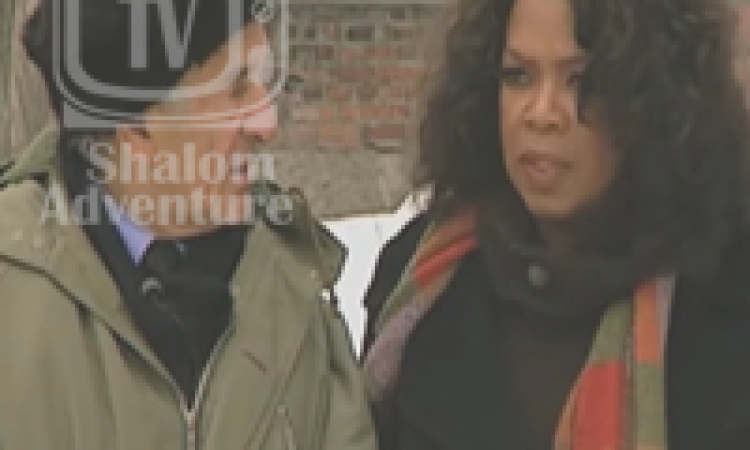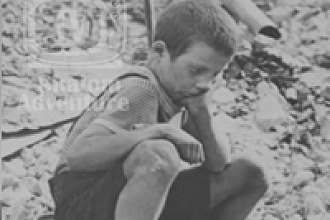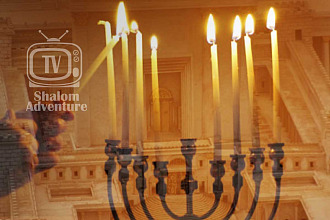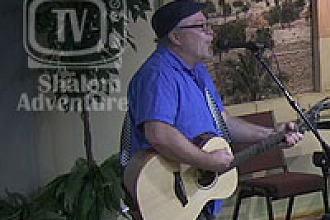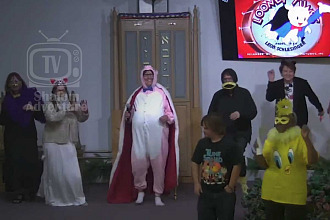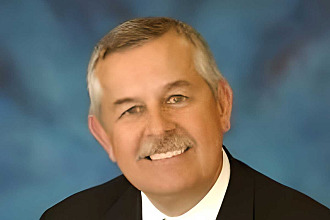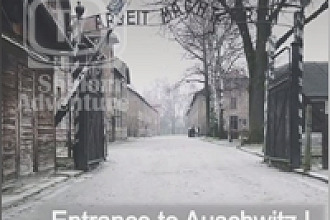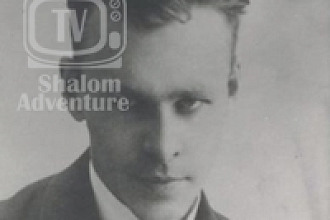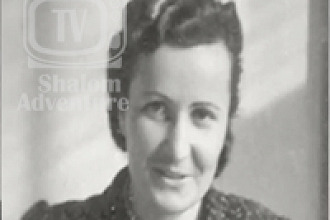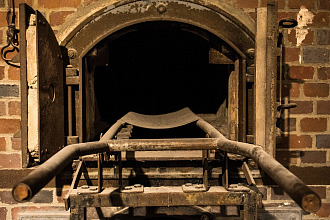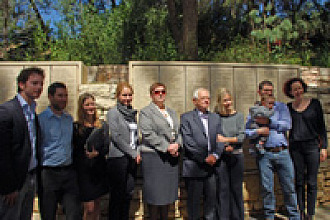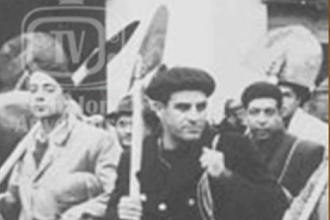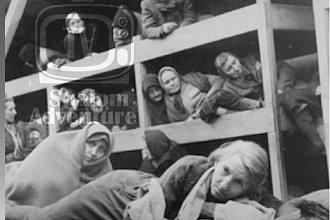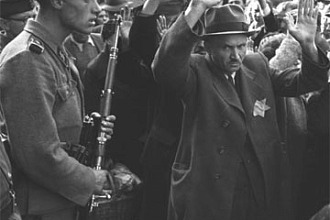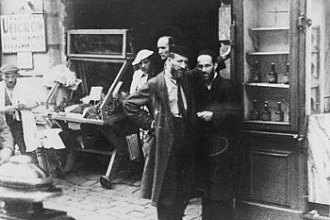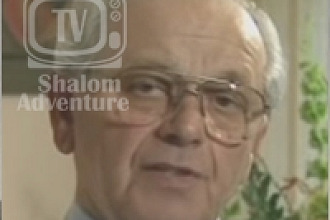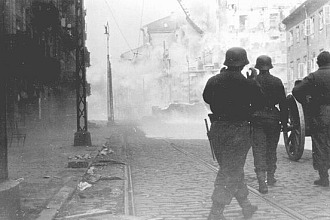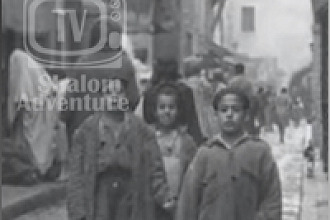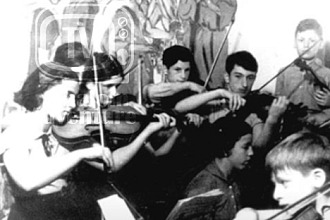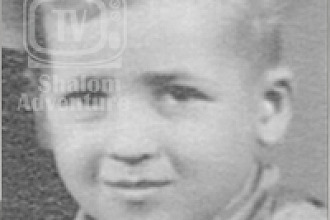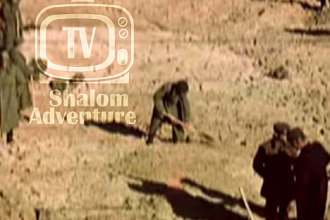Back in 2006, the Oprah Winfrey Network honored the 70th anniversary of the Holocaust by interviewing and featuring Holocaust survivor, Nobel Peace Prize Laureate, and New York Times bestselling author Elie Wiesel who eloquently recalled his ordeal at Auschwitz while standing on those very grounds decades later.
As reported in Time Magazine, Winfrey commented, “I remember the icy snow crunching beneath our every step, the subzero wind biting at our bare faces, the quiet utter stillness. As we walked the vast landscape of Auschwitz, I had the honor of being on these once cursed, now sacred, grounds with Holocaust survivor Elie Wiesel. Being in his presence, exposed to his wisdom, has been one of the great blessings of my life. He is my hero not only for what he has endured, but for what he has become — a teacher, a sage, an activist, a humanitarian, a great spirit.”
“Despite the horrors he has survived, he is one of the most loving spirits I have ever known,” Winfrey continued. “Slowly he led me back in time to the moment 62 years ago when he, a terrified 15-year-old boy, stepped off a cattle car into a world where it was, he says, “human to be inhuman.” Wiesel lived through a dark, dark night where everyone was there either to kill or to die. Standing in front of Block 17, his former barrack, even this master of words had no words for what he had experienced there. At the remains of what had been Crematorium III, we visited the closest thing there is to his mother’s grave. We stood before a case containing mounds of shoes, each pair telling the silent story of a life cut cruelly short. All those lost … “Who heard their cries then?” he asked. The only answer I could give was that we hear them now.
Winfrey elaborated, “Evil is never the end of the story; the end of the story is still ours to write. Wiesel, 77, has taught us that we must not forget; that there is no greater sin than that of silence and indifference. In doing so he has not just illumined the past, he has illumined the future. For he himself embodies the only adequate response to evil, a heart that cares so deeply about human suffering — and responds to it so passionately — that evil itself will one day be conquered by a love so great.”
Written by Erin Parfet

